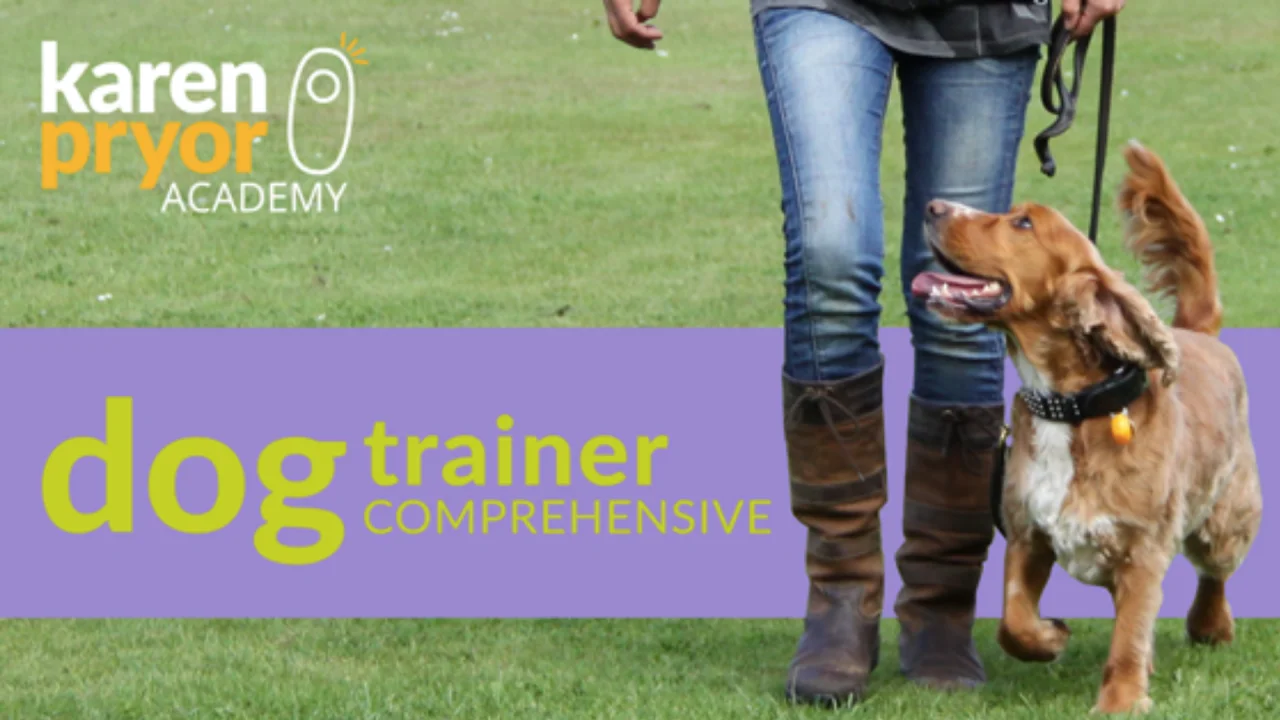Professional Insights on Dog Training Charlotte NC: Transform Your Puppy Today
Professional Insights on Dog Training Charlotte NC: Transform Your Puppy Today
Blog Article
Unlock Your Pet's Prospective: Proven Dog Training Strategies for Success
Reliable canine training is a nuanced procedure that pivots on comprehending canine habits and utilizing clinically backed techniques. By incorporating positive reinforcement, establishing clear commands, and prioritizing socializing, pet proprietors can cultivate an effective relationship with their pets.
Understanding Canine Habits
Comprehending pet actions is important for effective training and fostering a favorable relationship between pets and their owners. A comprehensive understanding of canine body language, vocalizations, and social interactions is vital for recognizing their feelings and demands. Dogs interact mostly with non-verbal cues; for instance, a wagging tail may show enjoyment, while pinned ears can signify fear or submission.

Furthermore, environmental aspects play a substantial duty in forming a dog's behavior. Changes in routine, brand-new environments, or the presence of strange individuals can result in anxiety or anxiety in dogs. Identifying these triggers enables proprietors to reduce damaging reactions and develop suitable training strategies.
Ultimately, a deep understanding of pet behavior lays the foundation for successful training techniques, improving both actions and the total bond in between the canine and its proprietor. dog training charlotte nc. This understanding is crucial for fostering a well-adjusted, delighted canine buddy
Favorable Support Strategies
Efficient training relies greatly on positive support methods, which have actually been shown to yield considerable cause shaping wanted habits in pets. This strategy entails awarding a pet for displaying certain actions, thereby boosting the likelihood that these behaviors will certainly be repeated. Incentives can take different types, including treats, praise, playthings, or play, relying on what motivates the individual dog.

It is vital to slowly phase out benefits as the pet dog learns the habits, transitioning to periodic support. This method preserves the actions in time while protecting against dependency on continuous incentives. By concentrating on favorable reinforcement, trainers can cultivate a trusting connection with their pets, advertising a cooperative and healthy training atmosphere that boosts general obedience and efficiency.
Developing Constant Commands
An essential aspect of effective canine training is the facility of constant commands. Consistency in commands is vital for effective communication in between the pet and the instructor. When commands are uniform, pets learn to associate specific words with wanted habits, which speeds up the training procedure and improves understanding.
To develop consistent commands, it is vital that all family members make use of the very same terms and gestures. For example, if a single person makes use of "sit" while one more states "take a seat," it can create confusion for the canine. Select clear, distinct words for commands and make certain everybody associated with the pet's training sticks to these options.
In addition, rep is key. Strengthen commands through regular technique, making sure that the dog receives enough chances to respond appropriately. When a canine efficiently follows a command, instant positive support ought to follow. This could be in the form of deals with, praise, or play, strengthening the petsmart pet training link in between the command and the action.
Lastly, be client. Establishing regular commands takes some time and initiative. With devotion and clearness, you will help your canine develop a strong understanding of expectations, eventually leading to a mannerly friend.
Socializing and Exposure
Mingling a dog is crucial for fostering a certain and well-adjusted companion. This process involves exposing your canine to a range of atmospheres, individuals, and other animals to establish their social skills and adaptability. Early socializing, preferably in between the ages of 3 to fourteen weeks, is crucial, as it prepares for a pet dog's future behavior.
Throughout socializing, objective to offer favorable experiences in various settings, such as parks, busy streets, and homes with other animals. Introduce your pet dog to different stimuli, including sounds, views, and scents, making certain that each experience is fulfilling. This direct exposure aids mitigate visit here fear and stress and anxiety, leading the way for a much more durable dog.
Involving in controlled group play sessions with various other pet dogs can also improve social abilities, instructing your pet proper interactions and boundaries. Always monitor your pet dog's comfort level during these experiences, gradually enhancing exposure as their self-confidence expands. Bear in mind, the objective is to produce an all-around family pet that flourishes in varied scenarios, promoting an unified connection with both humans and other animals. Focusing on socializing will substantially add to your pet's total happiness and actions throughout their life.
Conquering Common Educating Difficulties

One more regular problem is interruption. Dogs may have a hard time to concentrate in hectic or strange settings. Slowly desensitize your pet dog to diversions by starting training in a peaceful environment and gradually presenting more stimulations as they become competent (dog training charlotte nc). Favorable support strategies, such as deals with and appreciation, can preserve inspiration and emphasis.
Additionally, behavior issues like jumping or excessive barking can end up being irritating. Address these by educating different behaviors, such as resting smoothly when greeting guests. Uniformity and persistence are essential; reinforce desired behaviors consistently and prevent abuse, which can cause confusion.
Last but not least, recognize that each pet dog is special, and training timelines might differ. Tailor your technique to your canine's private requirements, and look for professional support if needed. With determination and the ideal strategies, conquering these obstacles can result in a well-trained, satisfied canine buddy.
Final Thought
Finally, unlocking a canine's possible necessitates an extensive technique that incorporates an understanding of canine behavior, the application of favorable support strategies, and the facility of constant commands. Early socializing and direct exposure to varied environments better boost over at this website a dog's flexibility and self-confidence. By addressing common training challenges with customized techniques and patience, a cooperative and harmonious relationship in between pet and handler can be promoted, eventually leading to a mannerly friend with the ability of flourishing in various scenarios.
Reliable dog training is a nuanced process that pivots on comprehending canine behavior and utilizing scientifically backed approaches.Recognizing dog habits is vital for reliable training and fostering a favorable relationship between pet dogs and their owners.Reliable training relies heavily on favorable support techniques, which have been shown to produce substantial results in shaping preferred actions in canines. When commands are uniform, dogs learn to link particular words with preferred actions, which increases the training procedure and enhances understanding.
In conclusion, unlocking a pet's prospective demands a detailed method that incorporates an understanding of canine behavior, the application of favorable support methods, and the establishment of regular commands.
Report this page